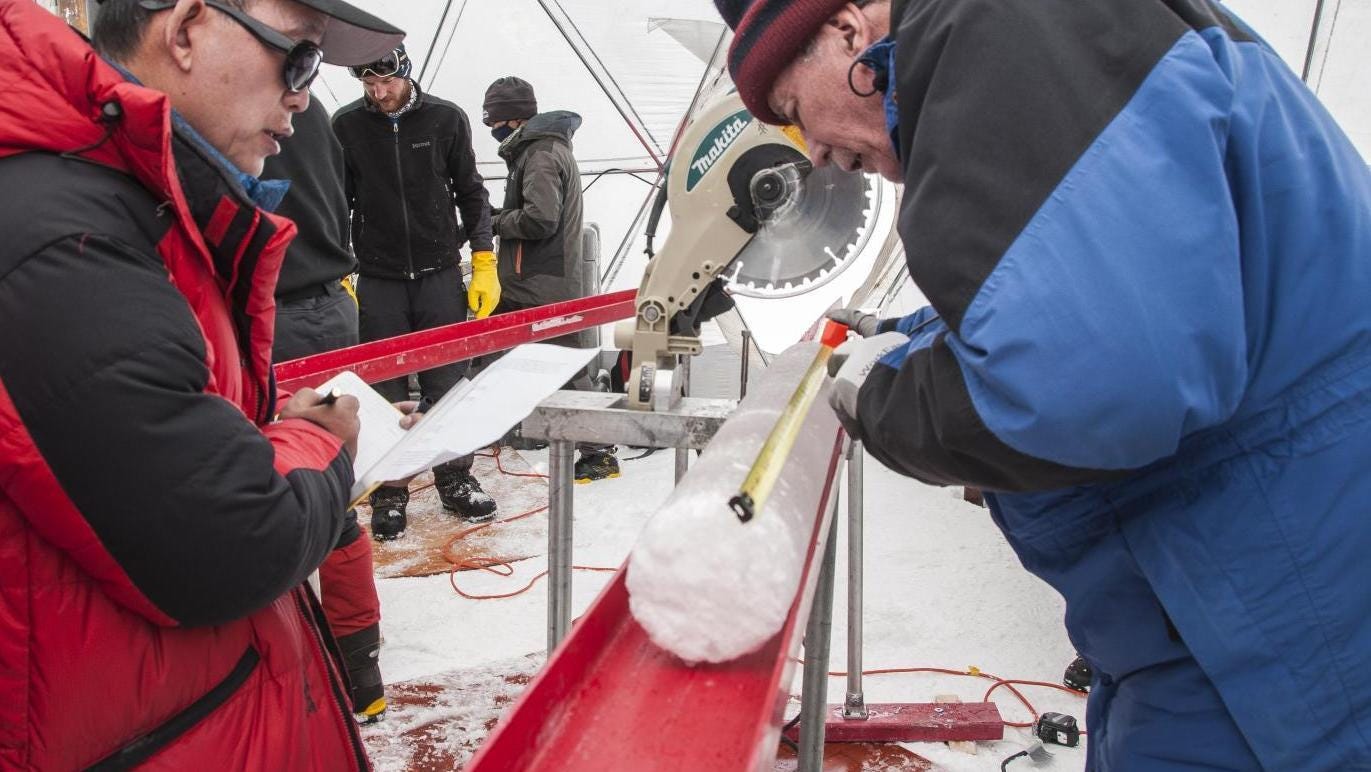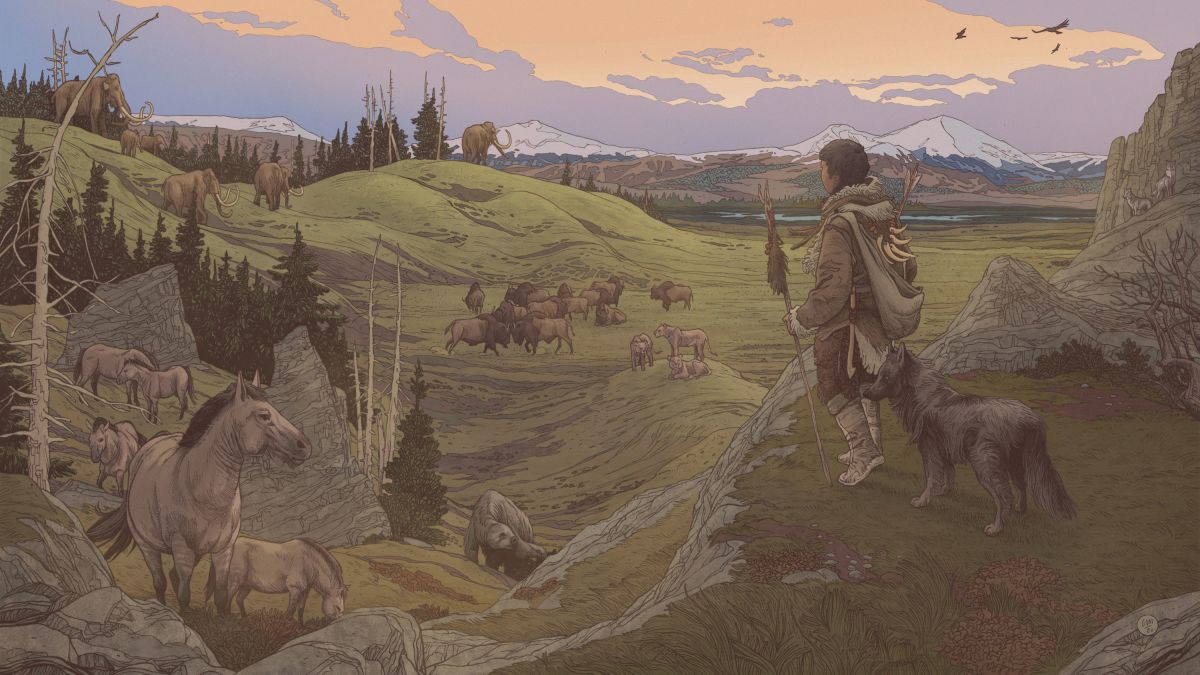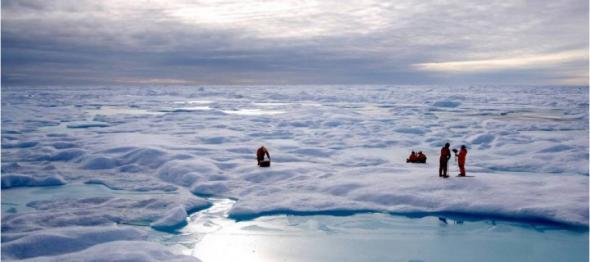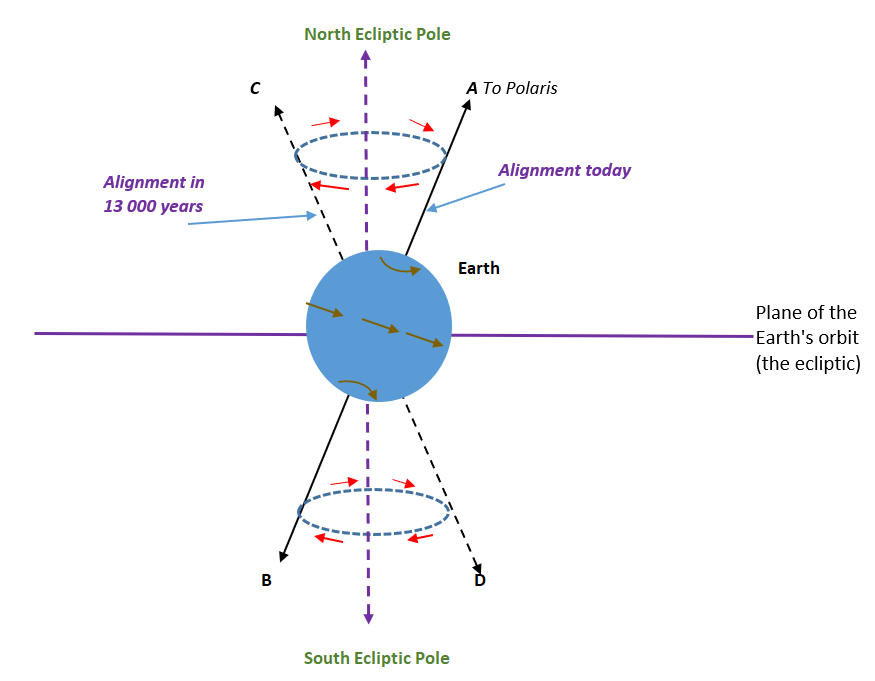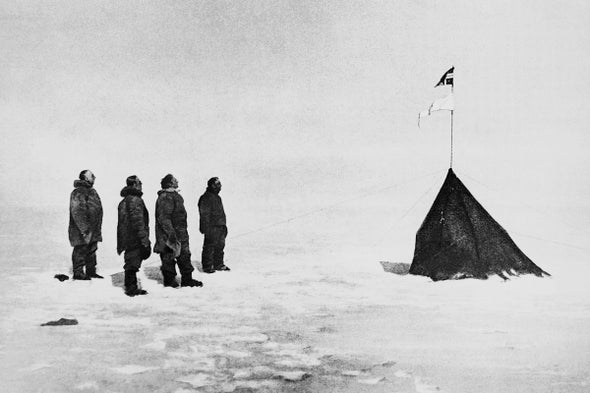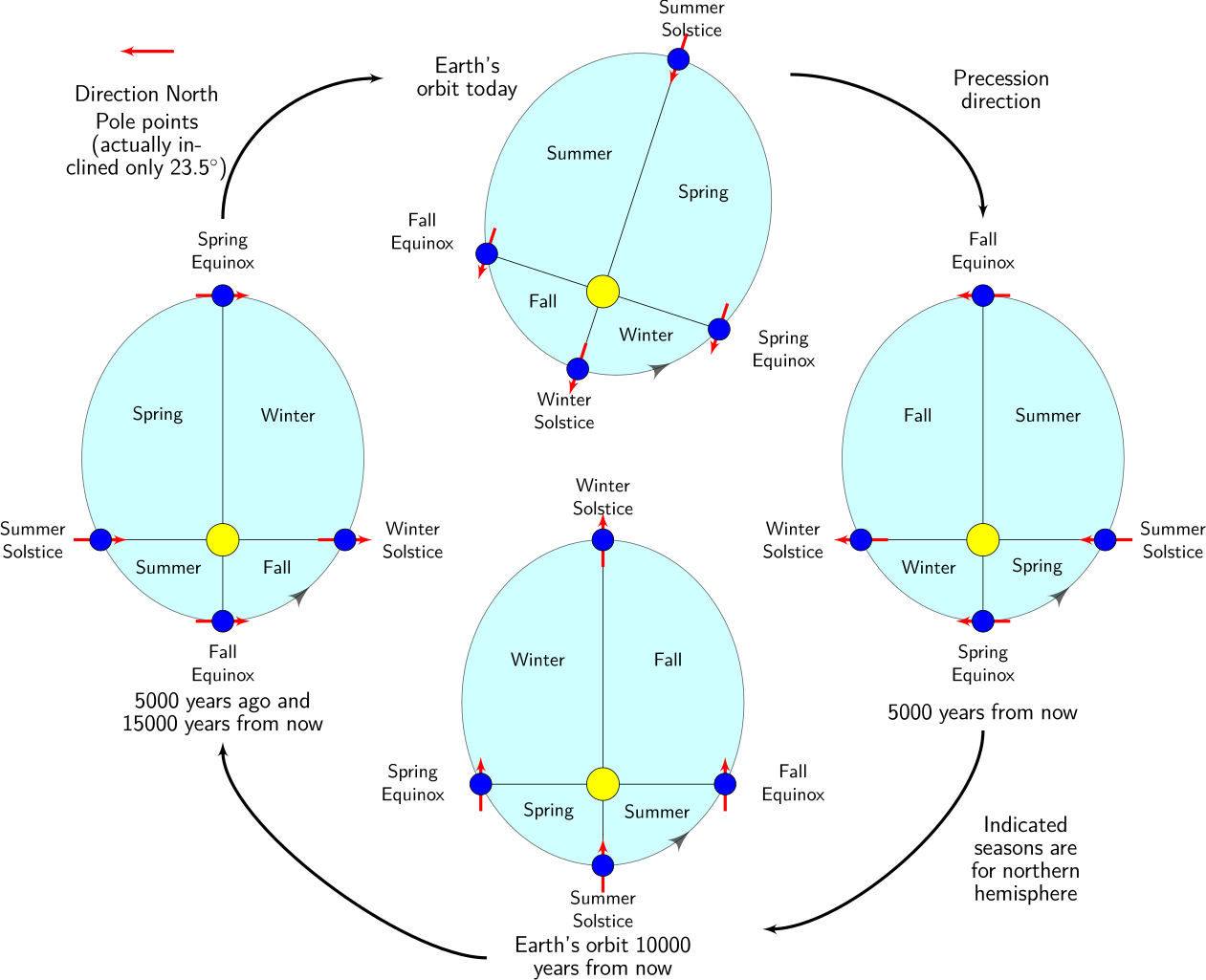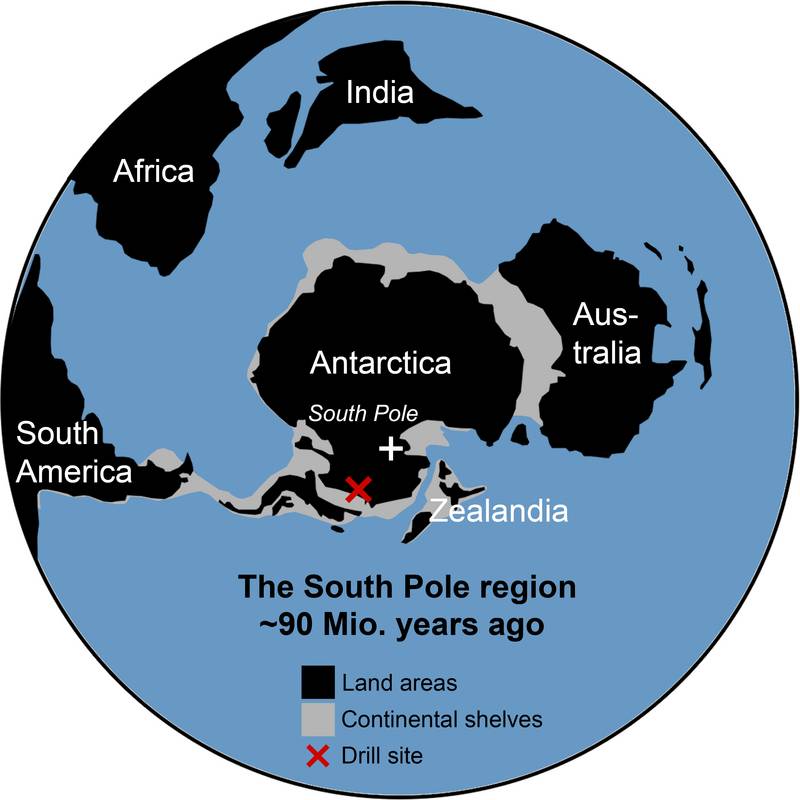
Began 2-3 mya Last glacial period ended 15,000 years ago Pleistocene epoch Ice covered 30% of Earth's land Indirect effect of Ice Age glaciers: - ppt download
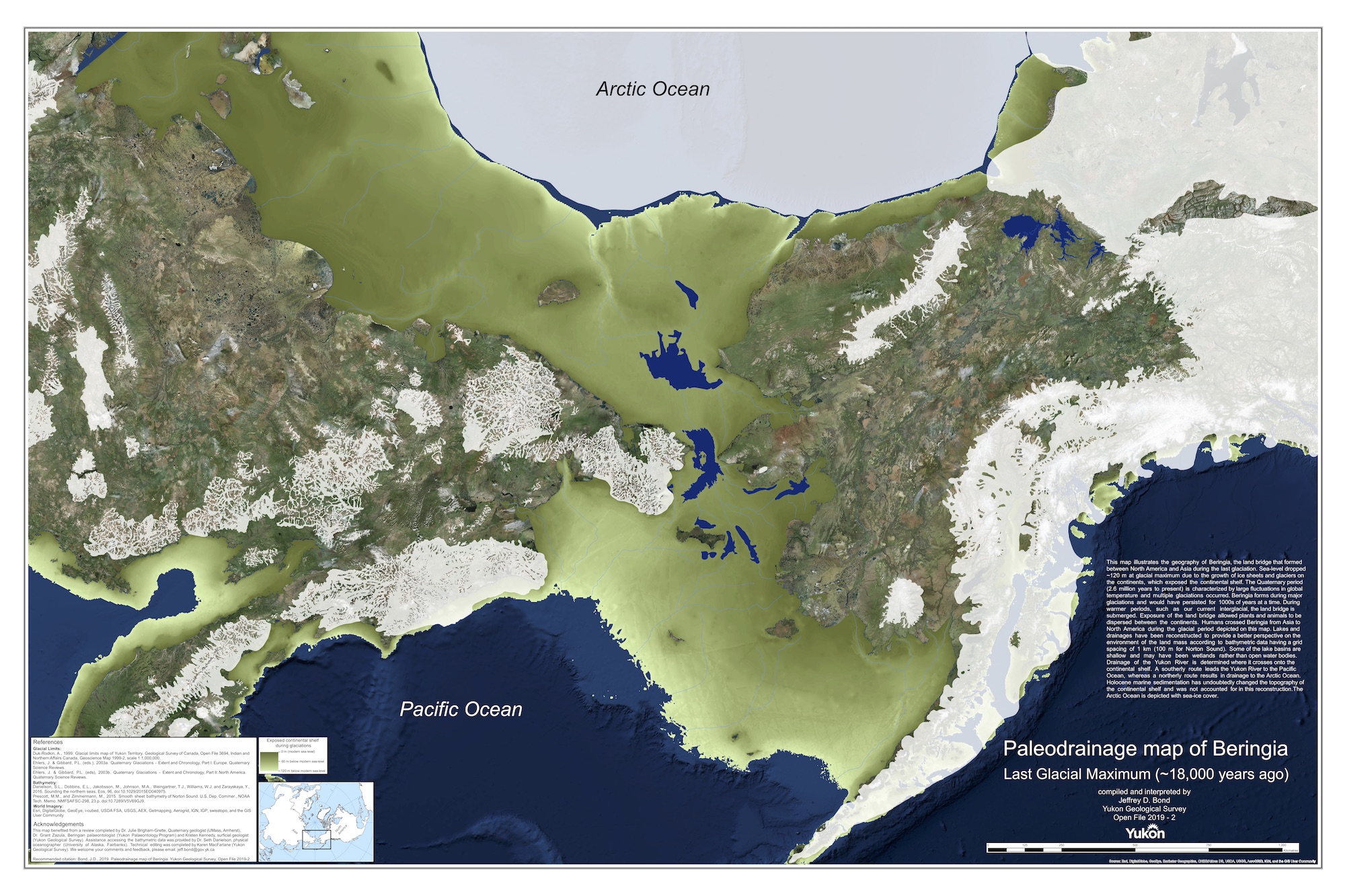
Humans Crossed the Bering Land Bridge to People the Americas. Here's What It Looked Like 18,000 Years Ago. | Live Science
Elk began to enter North America about 15,000 years ago, likely due to more suitable environmental conditions caused by the end of the last ice age. During the Pleistocene, they were much
/https://tf-cmsv2-smithsonianmag-media.s3.amazonaws.com/filer/58/bd/58bd177d-ffea-45bb-90b4-c79169db4db8/horse_mand_black-wr_no_scale.jpg)
Humans May Have Arrived in North America 10,000 Years Earlier Than We Thought | Science| Smithsonian Magazine
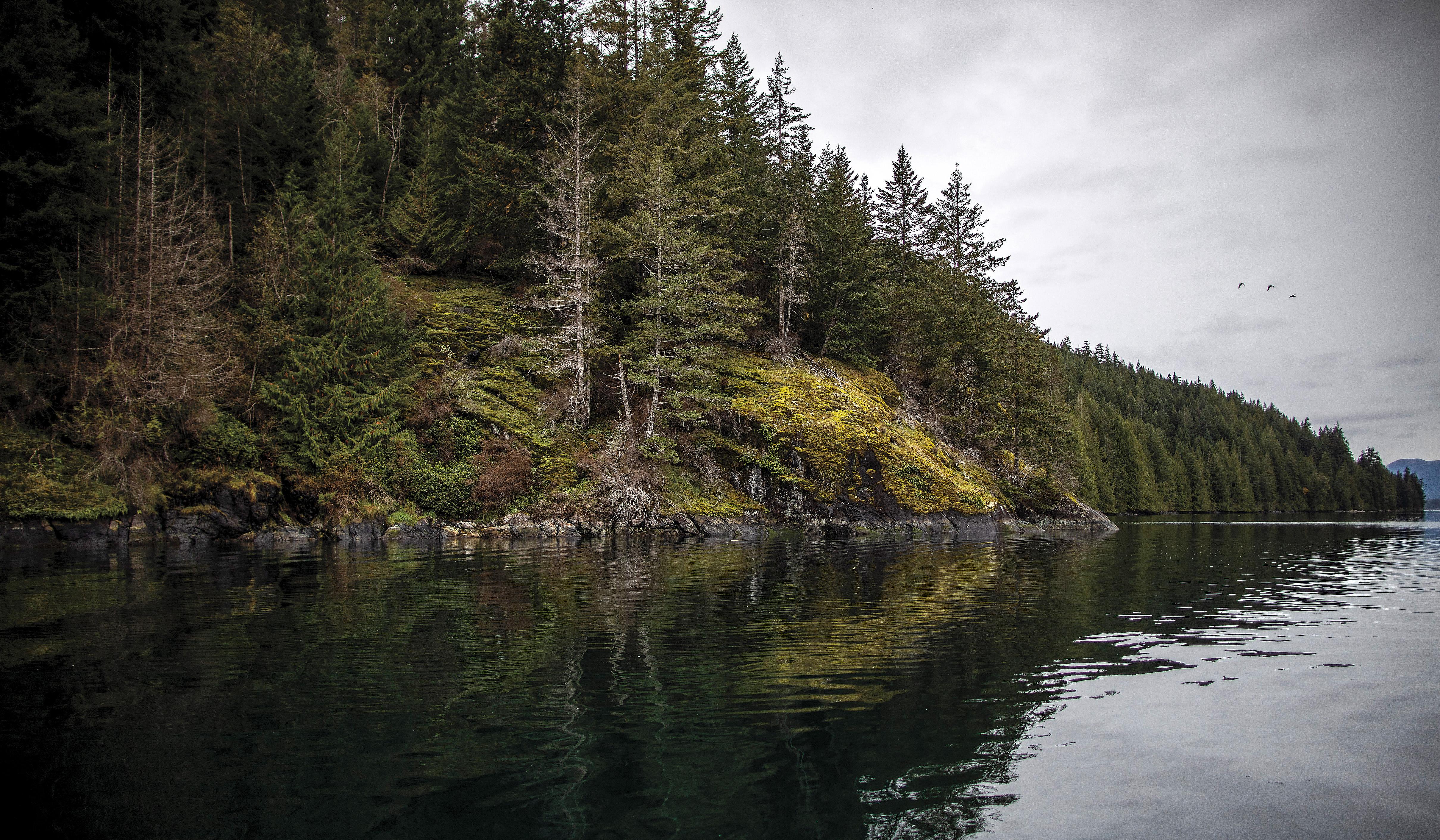
The Story of How Humans Came to the Americas Is Constantly Evolving | Science | Smithsonian Magazine
/https://tf-cmsv2-smithsonianmag-media.s3.amazonaws.com/filer/24/7a/247aa405-bb18-4eec-a00f-4617461b4c6f/raghavan4hr.jpg)

